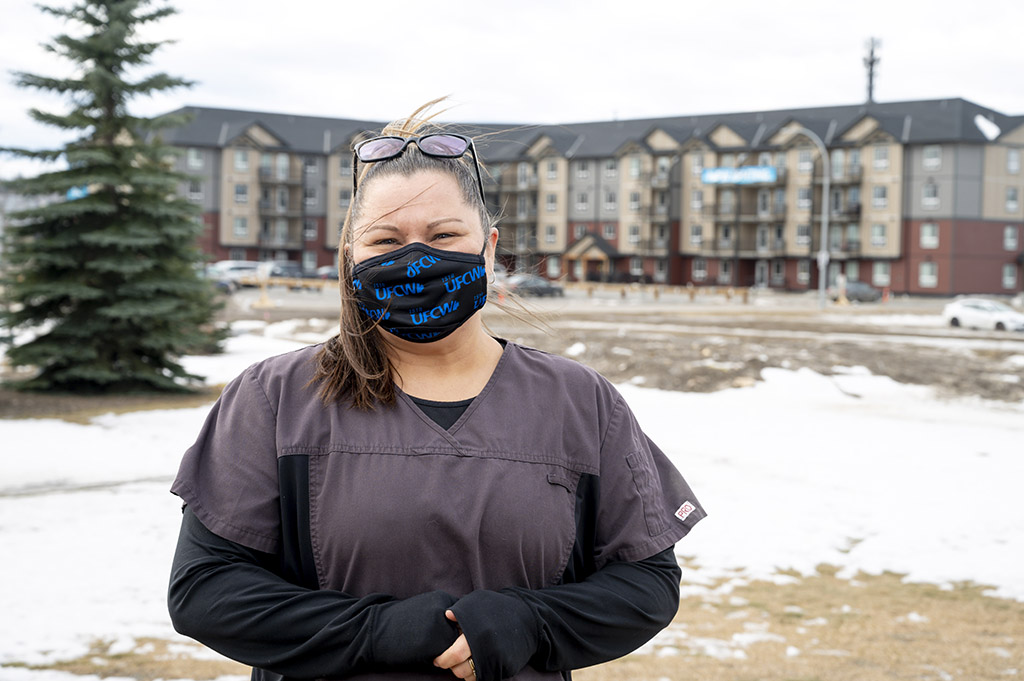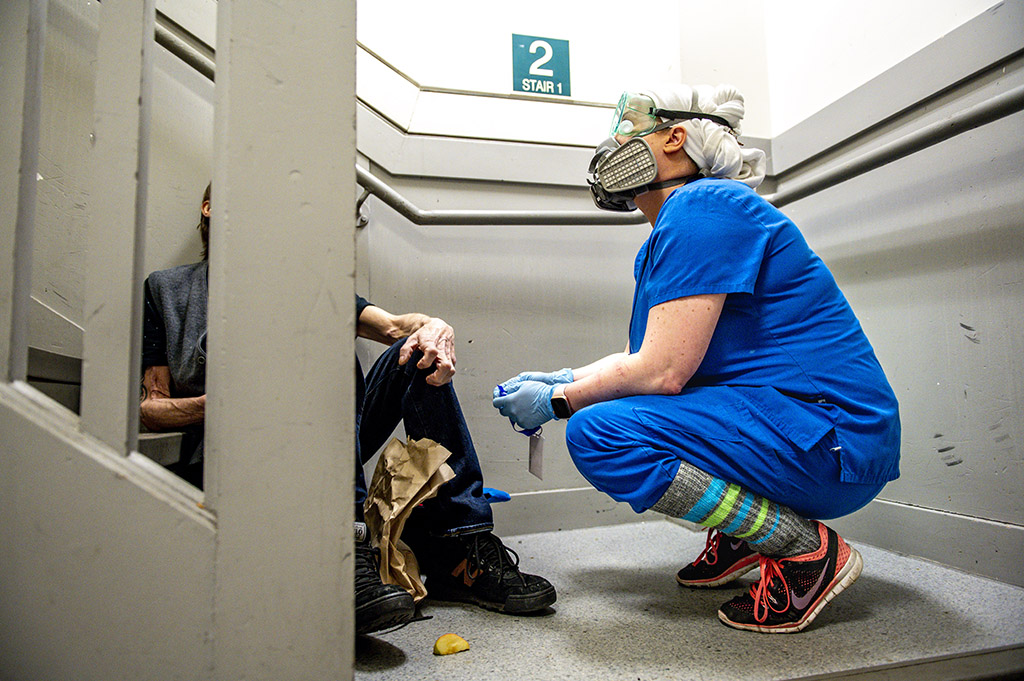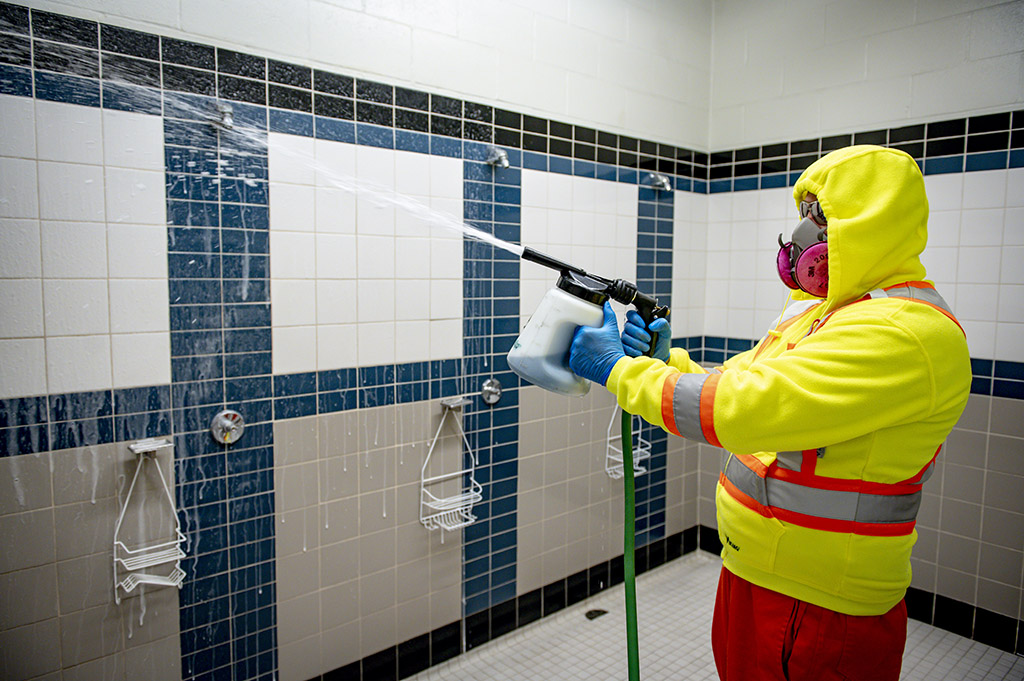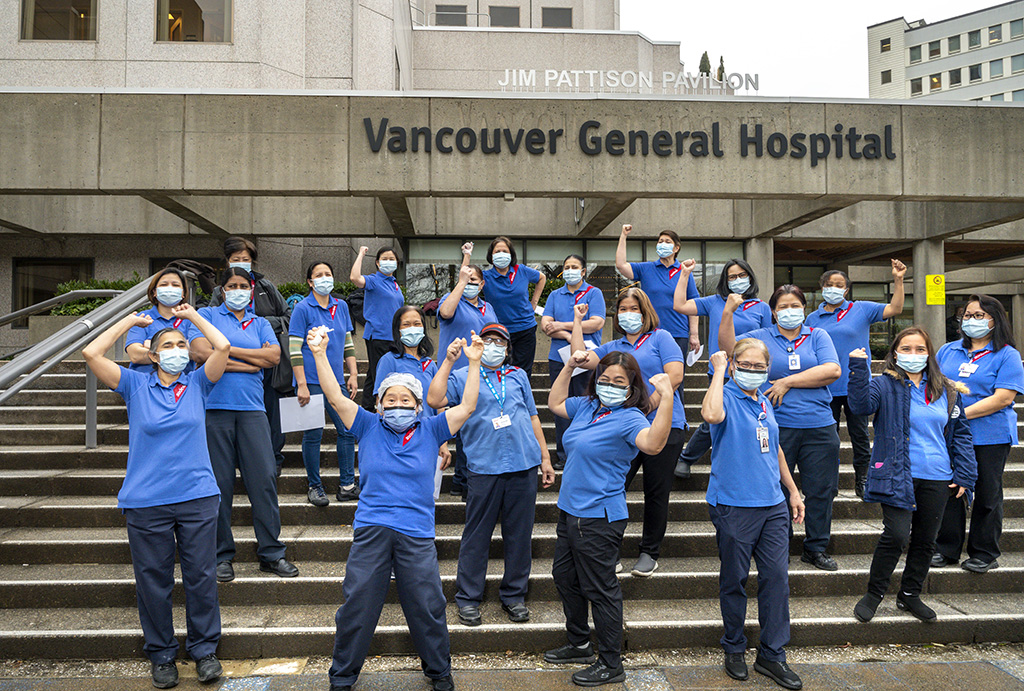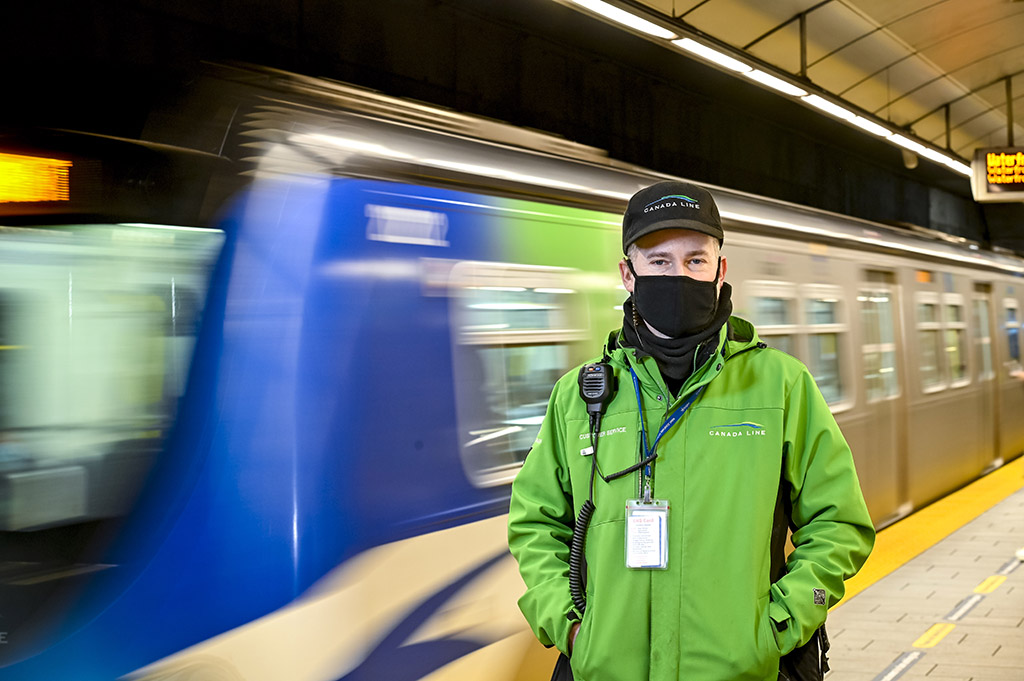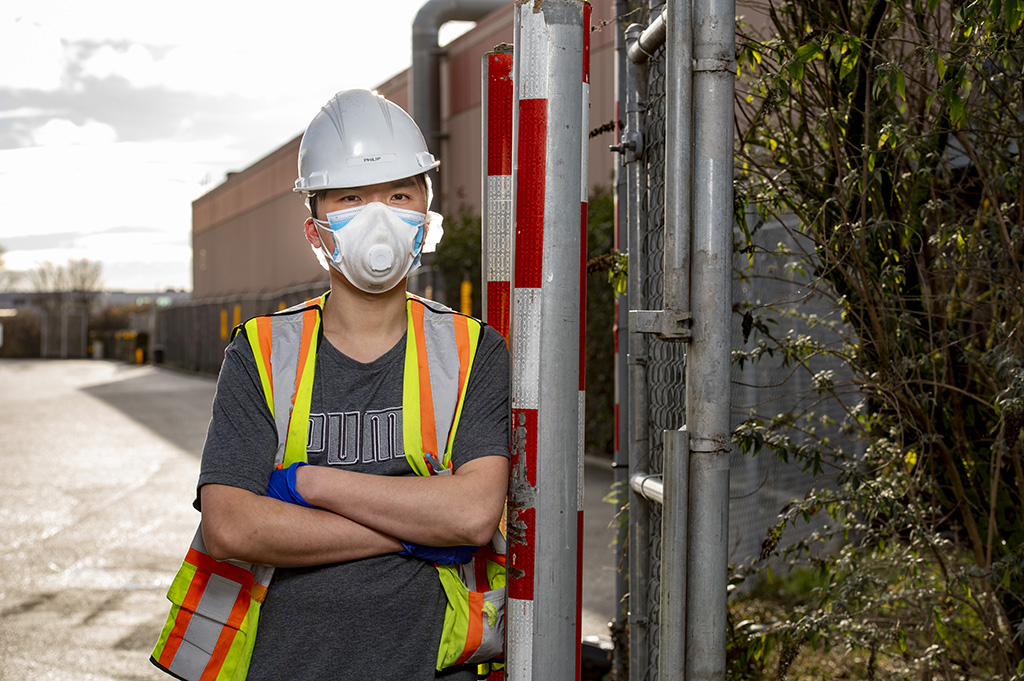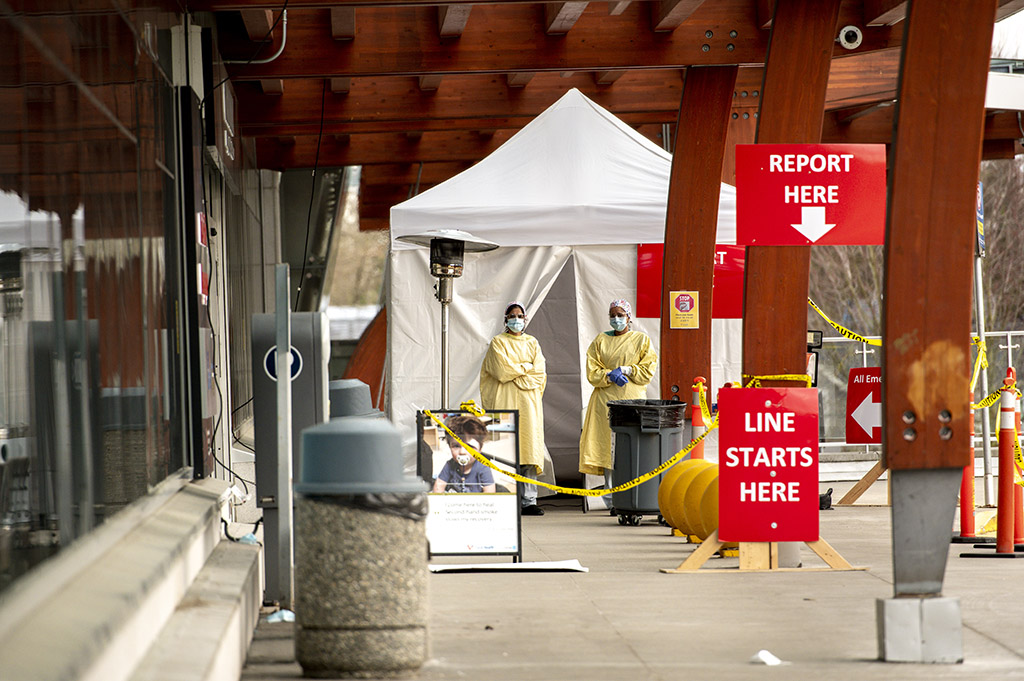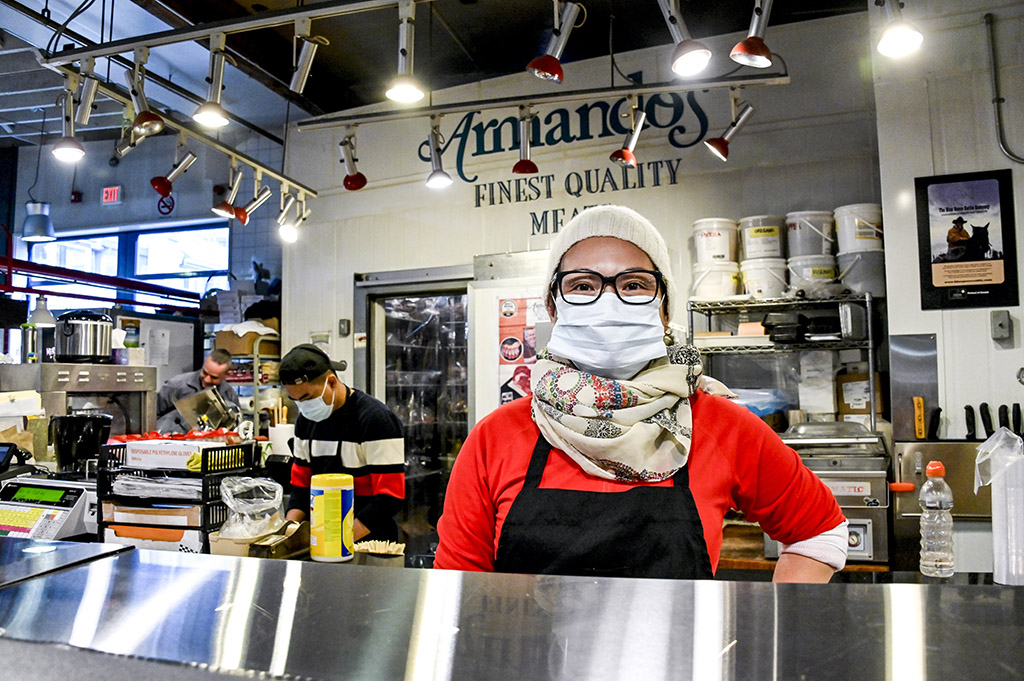U$A
Child Labor and Immigration
Mostly a policy lament.

Via WaPo: A cleaning company illegally employed a 13-year-old. Her family is paying the price.
At 13, she was too young to be cleaning a meatpacking plant in the heart of Nebraska cattle country, working the graveyard shift amid the brisket saws and the bone cutters. The cleaning company broke the law when it hired her and more than two dozen other teenagers in this gritty industrial town, federal officials said.
[Since the U.S. Department of Labor raided the plant in October, Packers Sanitation Services, a contractor hired to clean the facility, has been fined for violating child labor laws. The girl, meanwhile, has watched her whole life unravel.
First, she lost the job that burned and blistered her skin but paid her $19 an hour. Then a county judge sent her stepfather to jail for driving her to work each night, a violation of state child labor laws. Her mother also faces jail time for securing the fake papers that got the child the job in the first place. And her parents are terrified of being sent back to Guatemala, the country they left several years ago in search of a better life.
I suspect that this case, and others like it, are a bit of a Rorschach Test. Some will see it as a corporation exploiting desperate people, while others will see a family who shouldn’t be in the United States (and who exploited their own child by letting her work).
I will state from the onset that I am more sympathetic to desperate people whose desperation leads them to engage in, well, desperate behavior, but will certainly acknowledge that there are reasons to lay some blame in their direction. Packers paying a fine and the consequences for the family are ultimately not equivalent in my mind.
A sweeping investigation of Packers found 102 teens, ages 13 to 17, scouring slaughterhouses in eight states, part of a growing wave of child workers illegally hired to fill jobs in some of the nation’s most dangerous industries. Driven in part by persistent labor shortages and record numbers of unaccompanied migrant minors arriving from Central America, child labor violations have nearly quadrupled since 2015, according to Labor Department data, spiking in hazardous jobs that American citizens typically shun.
[…]
Packers has faced no criminal charges, despite evidence that it failed to take basic steps to verify the age of its young employees. Last month, it quickly resolved the case by paying a $1.5 million civil fine. The families of the teen workers, by contrast, have been exposed to child-abuse charges and potential deportation. None have applied for work permits and the protection against deportation that is available to the child workers, fearing retaliation in a company town where almost everyone’s job is somehow tied to the meatpacking industry.[…]
Packers officials said they have dismissed all the minor workers and fired two managers in Grand Island. They accused “rogue individuals” of using counterfeit documents to prove that the children were of legal age and emphasized that the 102 workers made up a tiny share of the company’s 17,000-member workforce. The full statement from Packers is available here.
For anyone who has paid attention to this general topic will recognize the broad outlines here. Companies need employees and immigrants need work. Both either break, bend, and/or ignore the law to make the transaction happen. Once someone gets caught the company basically says “whoops” and pays a fine, and the employees (and often their broader communities) tend to suffer very direct consequences.
Let me pause and note that there is no easy solution to any of this. The easiest of them all is “seal the border” (or similar formulations) and it is an utter impossibility. As I have noted on multiple occasions, there are too many legitimate transactions across the border to “seal” it or “close” it in any meaningful fashion. Calls to “seal” the border are just a way of saying “I wish this problem would go away” with all the efficacy such a statement implies.
What I am constantly struck by when I read stories about immigrants and immigration policy are the very real market forces that help drive all of this behavior. There is a market for labor in this country that is not being satisfied and there is a supply of labor south of the border willing to do the work in question. There is also a very real demand for security and opportunity in many people living south of the border (especially in places like Guatemala and El Salvador) and the ample supply of security and opportunity in the United States. Combining these two push-pull circumstances means that US policymakers have some very, very powerful forces to contend with if we are going to find solutions to deal with this situation in any way that actually makes it better.
(I have held this view for decades, in fact).
Instead, we remain in a spiral of nonsensical approaches. We don’t want to really deal with the labor demands (which would include better enforcement of existing labor laws and, quite frankly, things like paying better wages to attract workers, but that would lead to higher prices that no one wants to pay). We don’t want to figure out a better way to allow labor to enter the country legally. We don’t want to pay to increase the bureaucracy needed to deal with migrants.
We really don’t want to do anything.
And I realize that at the base of my assumptions about this situation is that migrants are going to come and we need to figure out how to deal with that fact. This automatically makes the “seal the border” faction of the population want to ignore me as being an “open border” type. But the issue to me is simple: the empirical reality is that migrants are going to come. If the US really is the land of opportunity, the land of the free and the home of the brave, as well as a shining city on a hill, people are going to come. Desperation is a major motivator. Indeed, it seems to me that the desire for self-improvement, broadly defined, is a major motivator for a lot of humanity and human history shows that people will endure much to improve the lives of their children.
While I have no easy solution (and if an easy solution was possible in a Sunday morning blog post, well, the problem wouldn’t be inspiring blog posts), I will say this: if we had a flooding problem you solve that problem through the construction of dams, levies, dikes, canals, and the like to control the flow. Such systems do not guarantee universal fixes, but it allows for control of the flow of water, to help stop catastrophic flooding and to help direct the water where needed. You don’t just send out the bucket brigade while complaining that we need to “seal” the horizon.
I suspect that if we had a more rational process to deal with migrants, it would be possible to better control the flow (but it would never stop the illegal crossings).
Instead, we refuse to really do anything.
THE REPUBLICAN CHILD LABOR AGENDA







 PowerShell command to execute the REvil ransomware
PowerShell command to execute the REvil ransomware





